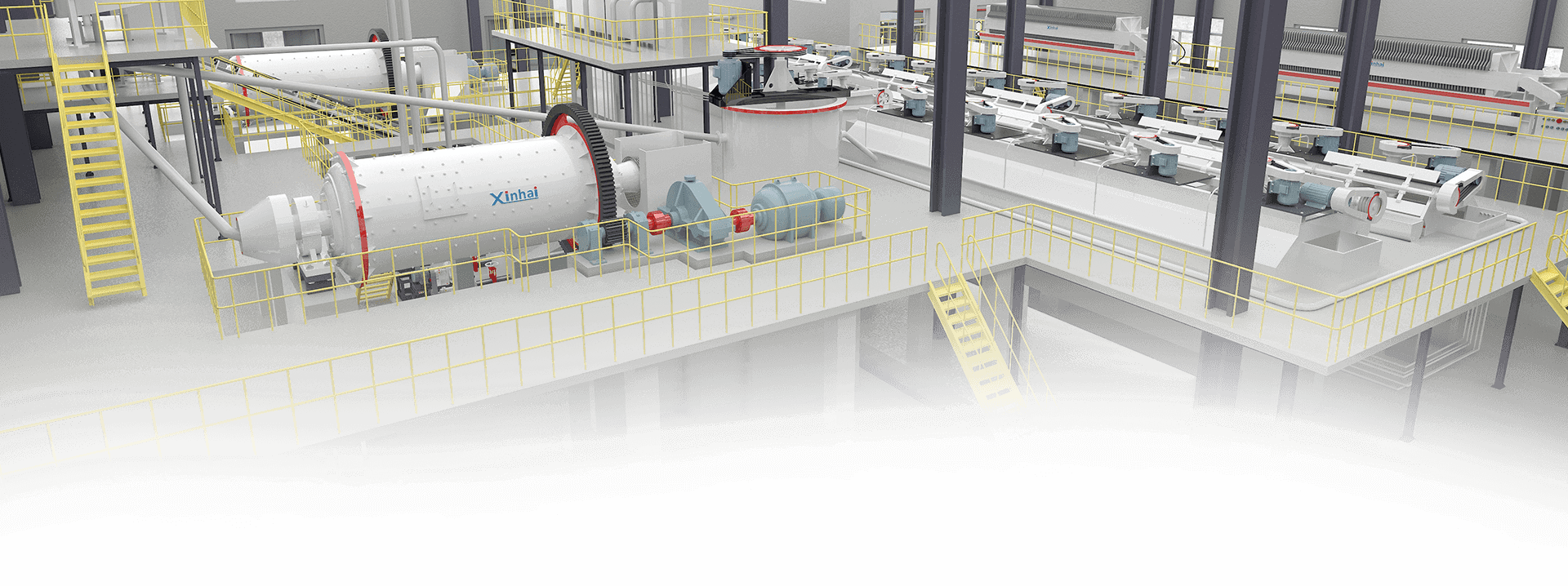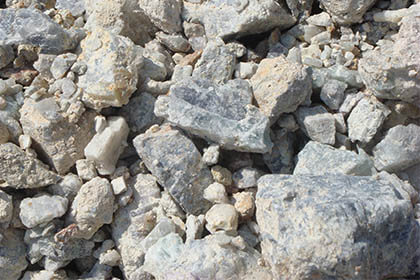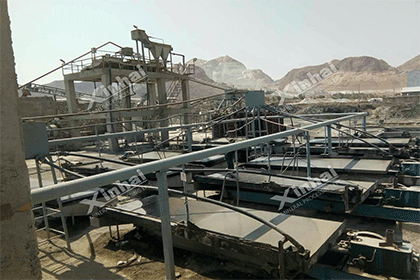Lithium Mining in Zimbabwe: Unlocking Potential for Sustainable Development
 Shirley
Shirley
 Aug 31, 2023
Aug 31, 2023
 1217
1217
If you want to know more details about equipment, solutions, etc, please click the button below for free consultation, or leave your requirements!

Lithium, a vital component in the production of batteries for electric vehicles and renewable energy storage, has gained significant attention in recent years. As the world transitions towards a low-carbon future, the demand for lithium is expected to soar. Zimbabwe, a country rich in mineral resources, including lithium, holds immense potential to contribute to the global lithium supply chain. This article explores the prospects and challenges of lithium mining in Zimbabwe, highlighting the importance of sustainable practices for long-term development.
01Abundant Lithium Deposits
BackZimbabwe is known to possess vast lithium deposits, particularly in the Bikita, Kamativi, and Zulu areas. These deposits consist of both hard rock lithium and lithium-rich brine resources. With estimated lithium deposits of over 23 million metric tons, Zimbabwe has the potential to become a significant player in the global lithium market.
02Economic Opportunities
BackLithium mining in Zimbabwe presents substantial economic opportunities for the country. The growth of the lithium industry can stimulate job creation, promote local investment, and contribute to economic diversification. Furthermore, the export of lithium can generate foreign exchange earnings, improving the country's balance of trade and overall economic stability.
03Sustainable Mining Practices
BackWhile the economic potential of lithium mining is evident, it is crucial to prioritize sustainable mining practices to mitigate environmental and social impacts. Zimbabwe has an opportunity to learn from the experiences of other mining regions and implement best practices from the onset. This includes adopting responsible mining techniques, minimizing ecological disturbances, and ensuring proper waste management and land rehabilitation.
04Environmental Considerations
BackLithium mining operations must address potential environmental challenges to ensure sustainable development. Water management is a critical aspect, particularly in lithium brine extraction, as it requires significant water resources. Implementing efficient water usage and recycling systems can help mitigate the strain on local water sources and protect the environment.
Additionally, proper management of waste materials, such as tailings and chemicals used in the extraction process, is essential to prevent contamination of soil and water bodies. Employing advanced technologies and stringent environmental monitoring can minimize the ecological footprint and enhance the long-term viability of lithium mining operations.
05Social Impacts and Community Engagement
BackMining activities can have profound social impacts on local communities. It is vital for lithium mining projects in Zimbabwe to prioritize community engagement, respect cultural heritage, and foster mutually beneficial relationships. This can be achieved through transparent communication, inclusive decision-making processes, and equitable distribution of benefits. Supporting local infrastructure development, education, healthcare, and skills training can contribute to sustainable socio-economic development in the surrounding areas.
06Value Addition and Downstream Industries
BackBeyond mining, Zimbabwe has the potential to develop downstream industries to maximize the value of its lithium resources. Establishing lithium processing plants within the country can create additional employment opportunities, attract foreign direct investment, and enhance the domestic lithium value chain. This approach can generate higher revenues and increase the country's competitiveness in the lithium market.
07Conclusion
BackLithium mining in Zimbabwe holds remarkable potential for economic growth and sustainable development. By adopting responsible mining practices, prioritizing environmental stewardship, and engaging local communities, Zimbabwe can harness the economic benefits of lithium while minimizing adverse impacts. Emphasizing value addition and downstream industries can further enhance the country's position in the global lithium market. As Zimbabwe charts its course in the lithium industry, it has the opportunity to become a leading player in the sector, contributing to a greener future and fostering socio-economic prosperity for its people.
 +86 18716000713
+86 18716000713 xlyin@xinhaimining.net
xlyin@xinhaimining.net




 Message
Message Chat Now
Chat Now




















